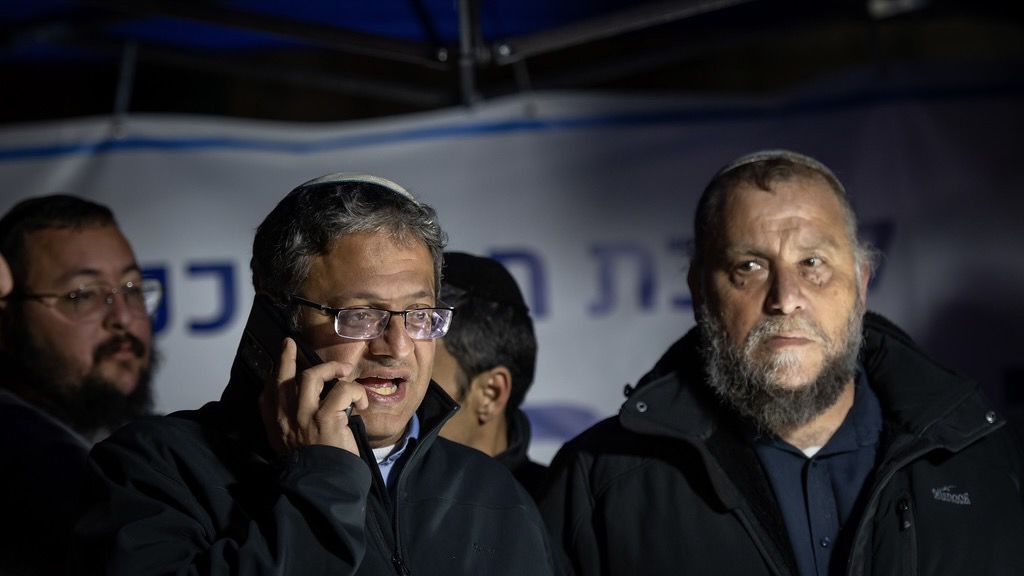On Sunday, April 2, Israel’s cabinet approved the controversial plan of establishing a ‘national guard’ as a separate state security force to suppress protests and resistance activities, which is likely to be used to mainly target Palestinians resisting occupation. The approval of the plan, introduced by extremist far-right National Security Minister Itamar Ben-Gvir, comes just days after the Israeli government headed by Prime Minister Benjamin Netanyahu backed down temporarily on the implementation of its judicial reforms, which had led to massive protests in Israel.
The establishment of the additional security force was one of the conditions put forward by Ben-Gvir in return for agreeing to support suspension of the reforms. Following the approval for the force, the prime minister’s office stated that a committee is to be set up to determine its structure, and whether it will fall under the control of the Israeli police or Ben-Gvir’s ministry. The committee will reportedly comprise members from Israel’s existing security agencies. Ben-Gvir claimed that it will have representation from the Prime Minister’s office, Defense Ministry, Finance Ministry, Justice Ministry, and the Israeli army.
Like the judicial reforms, Ben-Gvir’s plan for a new force also came under heavy criticism and was opposed by various sections even within Israel.
Ayman Odeh, member of the Knesset (Israeli parliament), questioned the need for another security force in a tweet saying, “Why does the State of Israel—which has an army, police, military intelligence, the Shin Bet, Mossad, National Security Council, Prisons Service, riot police, a SWAT team—need another national guard?”
Former Israeli Prime Minister and current opposition leader Yair Lapid called the decision an “extremist fantasy of delusional people” and said that the government’s priorities were “ridiculous and despicable.”
Meanwhile, even as Israeli politicians, security agencies, and the public seem to be up in arms over the recent series of drastic reforms by the present government—which many have termed as the most right-wing in Israel’s history—hardly any of them have raised the same concerns over the ongoing violence against Palestinians living under Israeli occupation.
Israeli forces continue with their systematic targeting and killing of Palestinians. Two Palestinian were killed just over the weekend. First, Mohammed al-Osaibi was shot dead by Israeli forces near the Al-Aqsa mosque compound in occupied East Jerusalem on Friday. He was shot at least 10 times, reported eyewitnesses. The second killing took place on Saturday near the town of Beit Ummar in the occupied West Bank, which involved an Israeli soldier shooting dead 24-year Mohammad Ra’ed Baradiyah. In both cases, Israeli forces claimed that the slain men had tried to attack the Israeli soldiers, a claim disputed by eyewitnesses.
According to the Palestinian Ministry of Health, Israeli forces have killed 92 Palestinians since the beginning of this year in unprovoked attacks, raids, and other violent acts.





